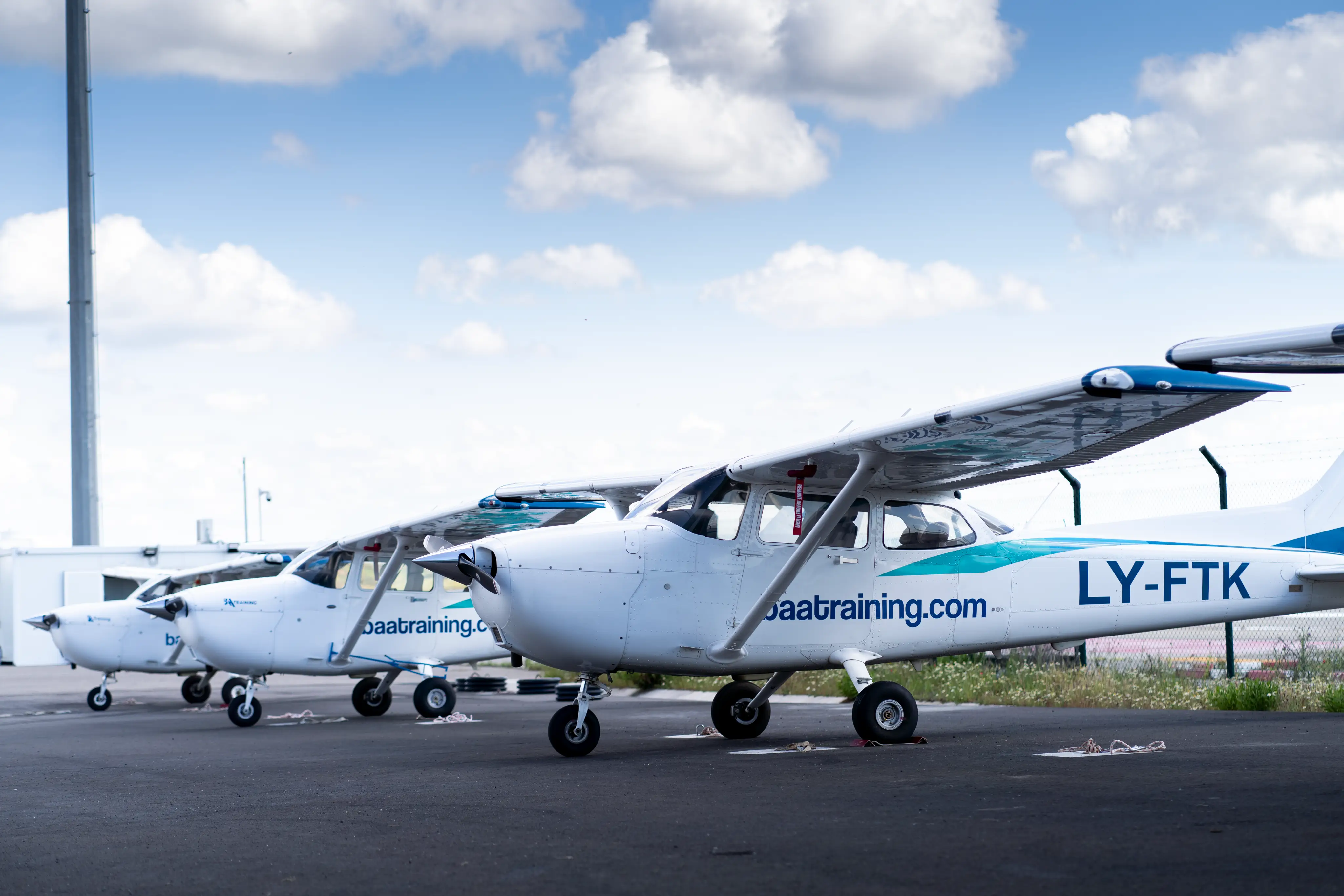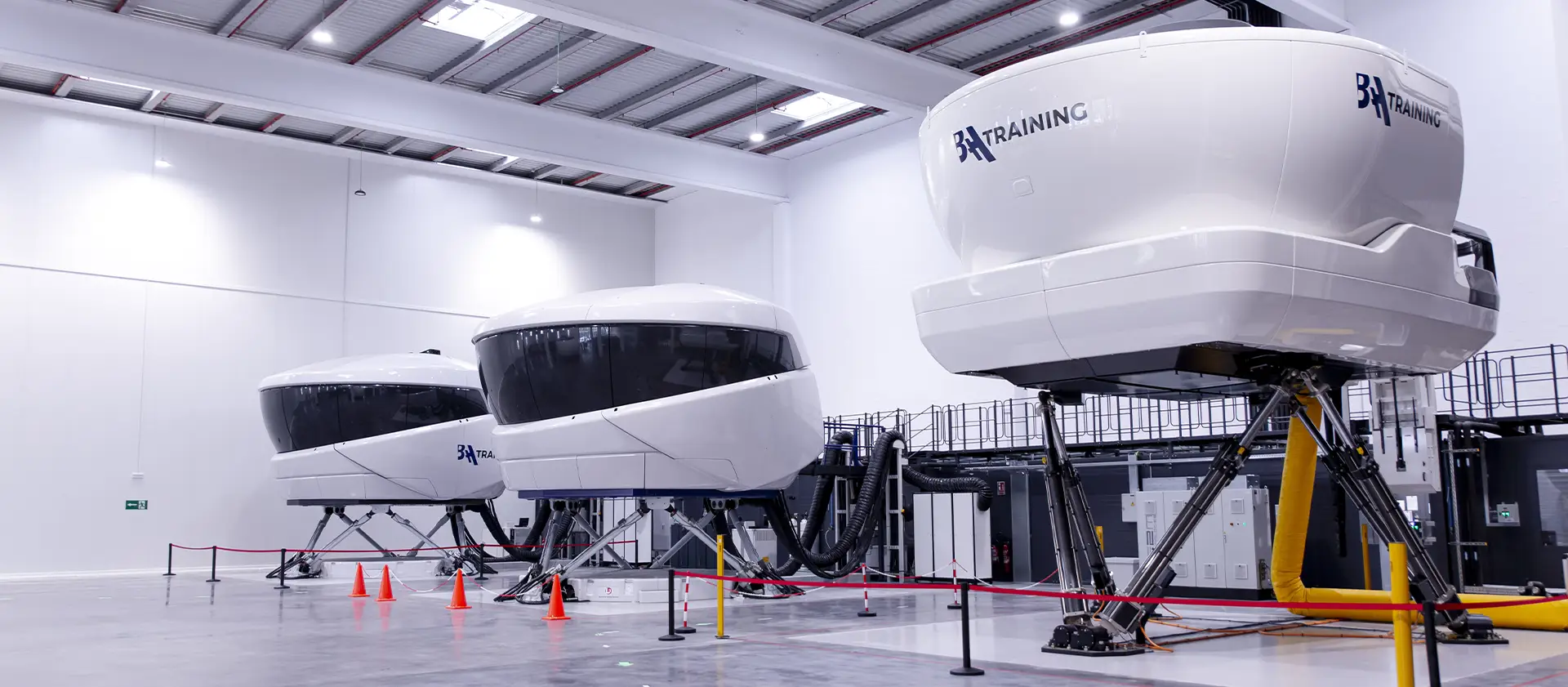Our expertise trusted by
BAA Training Vietnam is a branch of BAA Training – a leader in aviation training solutions, offering full-scope flight crew training solutions, from Ab Initio and Type Rating training to simulator center and aviation training equipment management solutions.
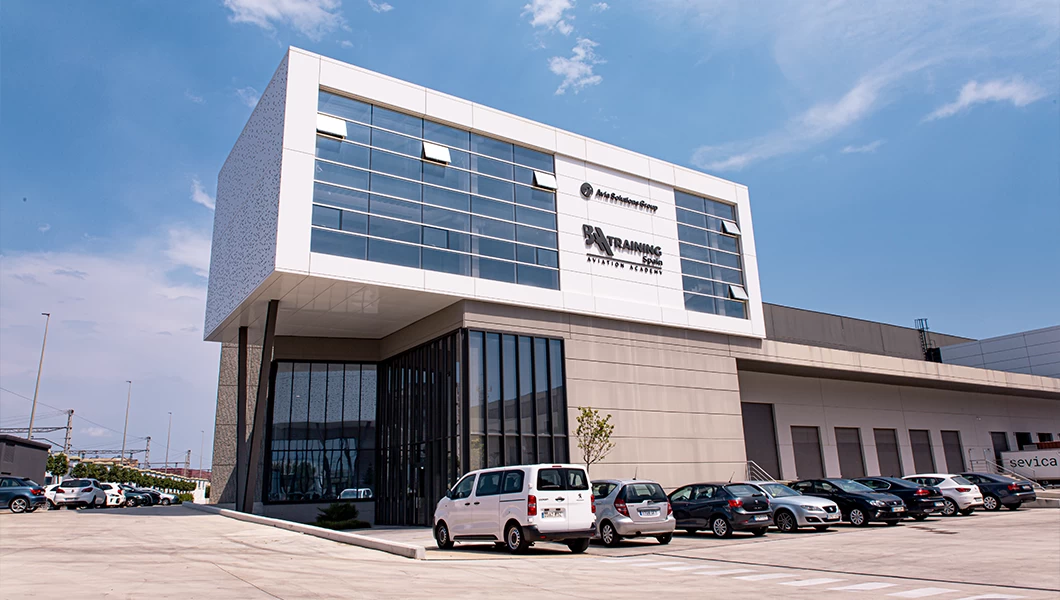
Articles
Visit BAA Training Spain, the Largest Simulator Center in Southern Europe
Published January 9, 2025 · 4 minutes read
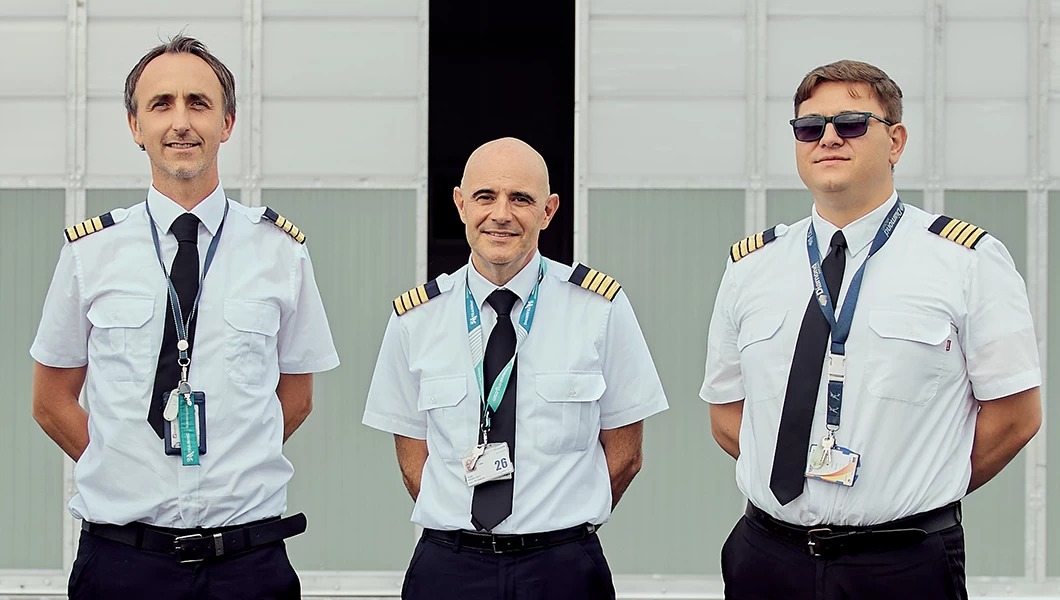
Articles
Flight Instructor Roma Rifa: “Aviation is a long-distance race, not a sprint, and it requires perseverance”
Published January 3, 2025 · 7 minutes read
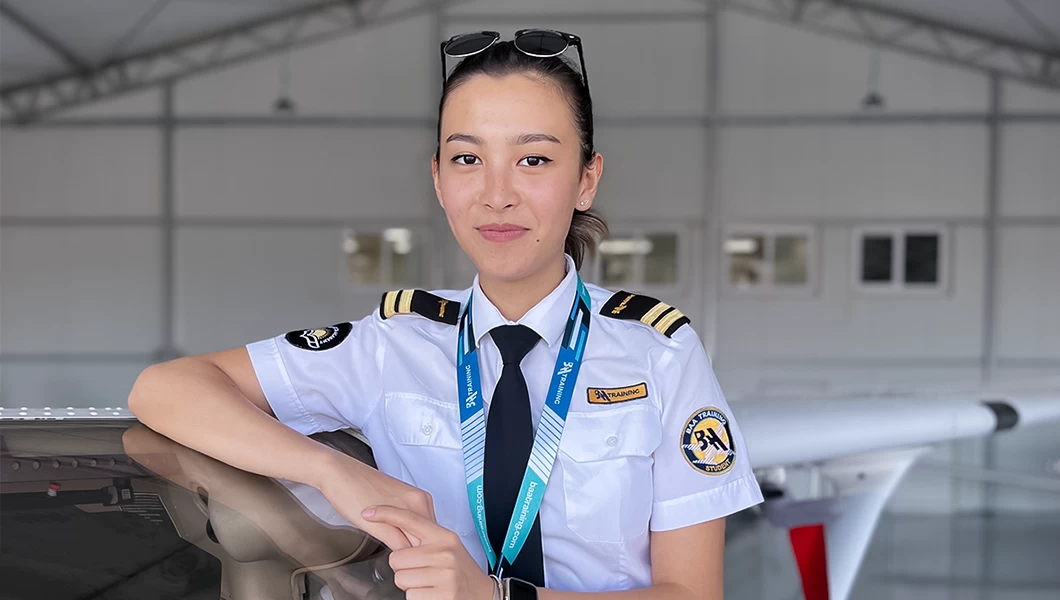
Articles
MPL vs ATPL – Which Pilot Training Course Is Right for You?
Published December 27, 2024 · 5 minutes read
